Zero Waste
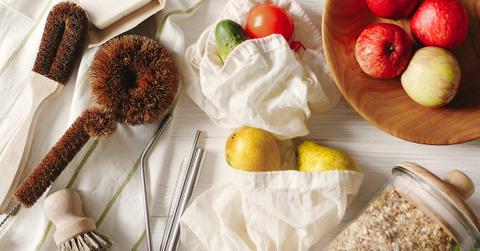
A zero-waste lifestyle is one of the most popular ways to reduce your environmental impact. Green Matters has got you covered with the latest news and updates on living with zero waste.
What does a zero-waste lifestyle mean?
People living a zero-waste lifestyle strive to use as little single-use plastic as possible, instead opting for sustainable and reusable alternatives. Those who get into the lifestyle work to steadily replace everything from food packaging to hygiene products to clothing with more sustainable, plastic-free alternatives.
What is the goal of living zero waste?
The immediate goal of a zero-waste lifestyle is to send as little trash as possible to landfill. However, because we don’t live in a zero-waste world and so many things are out of our control, most people in the movement acknowledge that sending nothing to landfill is near impossible, so they emphasize just doing as much as you can, and not putting too much emphasis on being perfect.
The ultimate goal of a zero-waste lifestyle is to reduce one’s consumption of single-use plastic and one's personal environmental impact as much as possible, and to inspire others to do the same.
Why live zero waste?
The average American produces about 4.9 pounds of trash a day, according to the Environmental Protection Agency (EPA). That’s nearly 1,800 pounds of trash a year, per person. So by reducing the amount of trash you create, you could literally save thousands of pounds of trash from entering landfills — proving that one person really can make a difference.
Waste in landfills, whether it’s biodegradable, plastic, or anything in between, will emit greenhouse gases, which directly contribute to climate change. The EPA notes that in the U.S., municipal solid waste (MSW) landfills account for about 14 percent of human-caused methane emissions, making landfills the third-biggest source of human-related methane emissions.
Why isn’t plastic zero waste?
Plastic is a non-renewable resource, made from fossil fuels as part of the oil industry, as explained by the Surfrider Foundation. That means the process of drilling for oil to make plastic is unsustainable. To top it off, only 91 percent of plastic actually gets recycled, plastic releases greenhouse gases once sent to landfills, plastic take hundreds of years to disappear (all plastic ever created is still on Earth today), and plastic often breaks down into microplastics which pollute oceans.
How to start living with zero waste:
If you are interested in working your way towards a zero-waste lifestyle, there are so many easy ways to get started. Many zero wasters recommend beginning by looking through your trash and recycling bins to see what you’re throwing out the most.
For example: If your garbage can is filled with food scraps, start composting. If your bin is overflowing with paper products like napkins, paper towels, and tissues, invest in some cloth napkins, cleaning cloths (which you can easily upcycle from old towels), and hankies. And if you notice a lot of food packaging, start shopping in your grocery store’s bulk section, or looking for foods packaged in recyclable packaging.
Investing in these zero-waste products can get you started.
If you’re anxious to get rid of all your plastic-packaged and single-use products when transitioning to a zero-waste lifestyle, remember that it’s more eco-friendly to use them up, and then replace them with eco-friendly alternatives when you need to.
Some classic products that may help you reduce your waste (and save money over time) include: a reusable water bottle, reusable grocery bags, reusable bamboo utensils, a reusable stainless steel straw, reusable cloth makeup rounds, a bamboo toothbrush, glass or metal food containers, and beauty, skincare, and hygiene products that are “naked” or packaged in glass.
Can you really grocery shop with zero waste?
Yes! Green Matters has plenty of tips for going zero-waste grocery shopping. If your store has bulk bins, you can bring in your own jars, containers, or bulk bags, get the tare weight, and fill them up. If not, there are so many other ways to reduce your impact in the grocery store.
Why is shopping secondhand considered zero waste?
Before buying something new, many people who live zero waste will check thrift stores, secondhand clothing apps (like Poshmark and thredUP), and eBay for the item secondhand. Not only will shopping secondhand save you money, but it also takes something out of the waste stream that may have gone to landfill otherwise, and it reduces the demand for new products. Win, win win.
Following zero-waste blogs can help you get into the lifestyle.
Green Matters is filled with tips for reducing your impact and living zero waste, and we’re also fans of a few blogs and YouTube accounts that can help you get started. Check out Going Zero Waste, Shelbizleee, Zero Waste Home, Trash Is for Tossers, Zero Waste Chef, and Wasteland Rebel.
How is living zero waste good for your health?
By using less plastic for food storage and packaging, your food and skin will come into less contact with plastic every day. As Because Health explains, that means you’ll be exposed to less BPA, which is a potential carcinogen, and phthalates, which are potential endocrine disruptors.
Additionally, trying to avoid plastic-wrapped meals and snacks may lead you to choosing less-processed foods and eating healthier overall. For example, things like fresh produce, fresh bread, and bulk coffee beans are often easy to get package-free. The same goes for personal hygiene — products that come in plastic-free packaging are often more natural, meaning you may wind up exposing your body to less potentially toxic chemicals.
Latest Zero Waste News and Updates

Have an Old Fur Coat? These Organizations Can Use It to Help Wildlife
If you want to recycle or donate an old fur coat, there are a number of options!
Thanksgiving Instagram Captions to Show Off Your Vegan or Zero-Waste Turkey Day
Looking for an Instagram caption for your vegan or zero-waste Thanksgiving meal? We've rounded up some funny, thought-provoking, and clever ideas!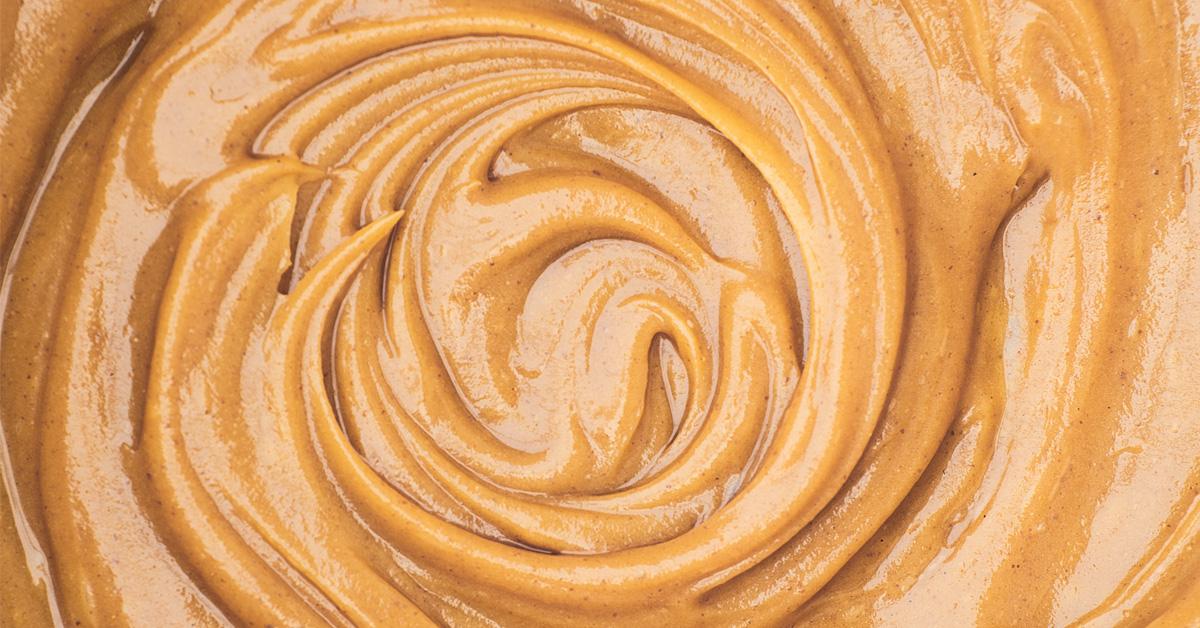
Spread the Word: These Are the 6 Best Organic, Natural Peanut Butters
These salted and unsalted natural peanut butters are big on flavor without unhealthy ingredients. Most are USDA-certified organic and plastic-free, too.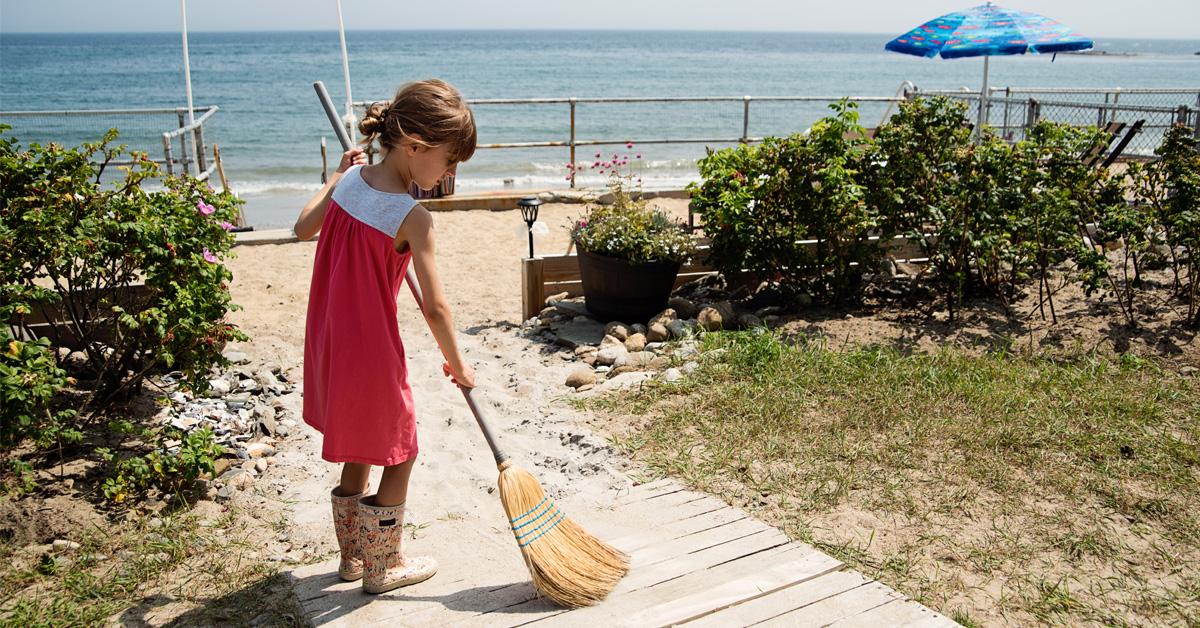
Sweep Smarts: These 5 Eco-Friendly Brooms Are Made of Natural, Biodegradable Materials
Clean up your house with a sturdy, eco-friendly broom made of renewable materials that won't contribute to microplastic pollution.
Looking for All-Natural Toothpaste? These 5 Vegan Brands Are as Close as It Gets
These popular plant-based, flouride-free natural toothpastes fight plaque, promote healthy gums, and taste great. Some are even zero waste.
5 Disposable Silverware Sets That Are Fully Biodegradable and Plastic-Free
Reusable utensils are best, but sometimes disposable silverware is a necessary evil. These eco-friendly options have minimal environmental impact.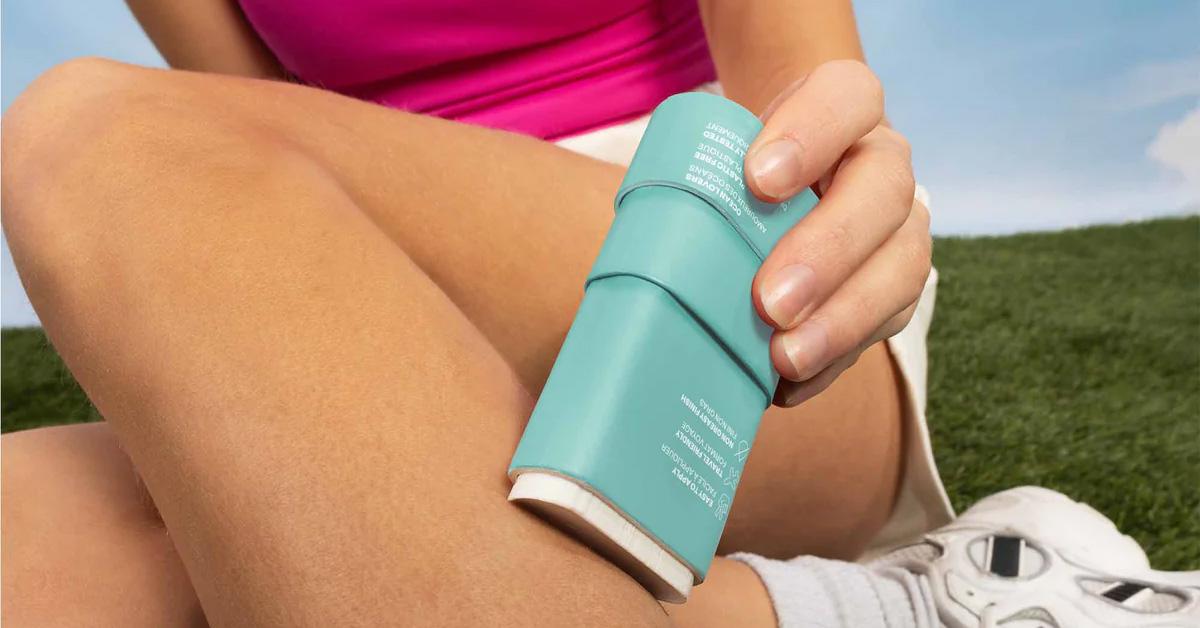
5 All-Natural Zero-Waste, Plastic-Free Sunscreens
These mineral sunscreen sticks and sun creams come in recyclable, plastic-free packaging and provide broad spectrum sun protection with no white cast.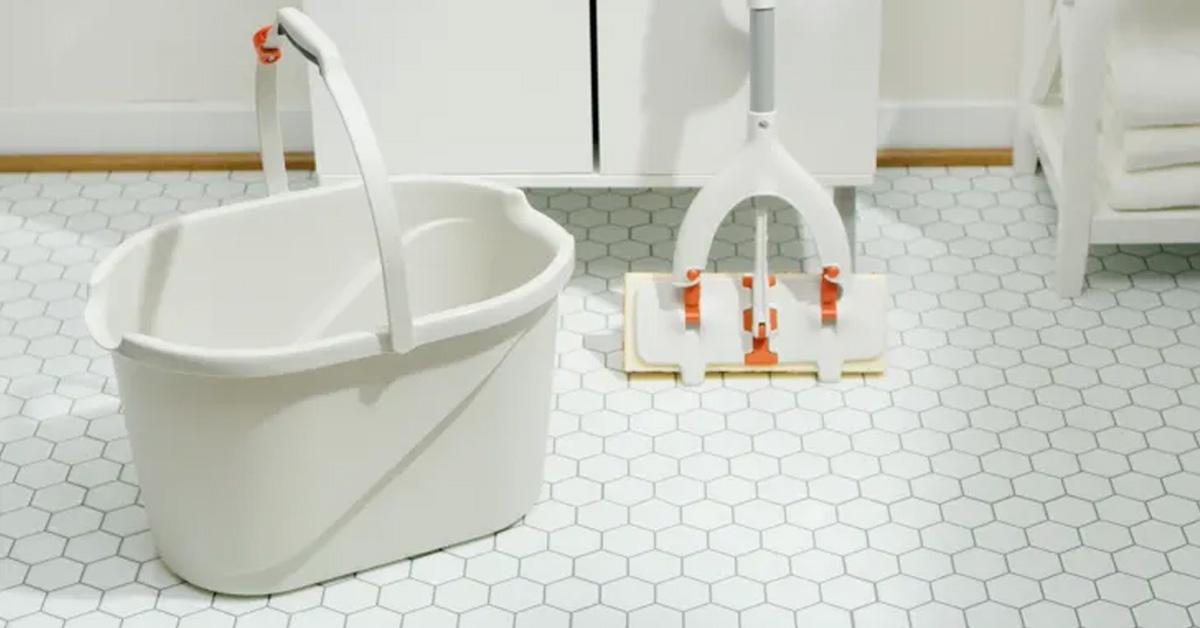
The Right Mop Bucket Can Be a Sustainable Household Multitasker — Here Are 5 We Love
If you must buy a new mop bucket, get a durable one you can repurpose — and preferably one made of steel or recycled materials.
The 11 Best Housewarming Gifts to Support a More Sustainable Lifestyle
These vegan, zero-waste, recycled, and/or otherwise eco-friendly housewarming gifts are items they'll definitely use and treasure for years to come.
Eco-Friendly Hair Ties and Scrunchies to Get You Through Bad Hair Days, Sustainably
These eco-friendly hair ties and scrunchies will get you through any bad hair day, sustainably.
4 Trendy Thrift Flip Upcycling Tutorials — No Sewing Required
These thrift flipping ideas are easy, stylish, and require no sewing!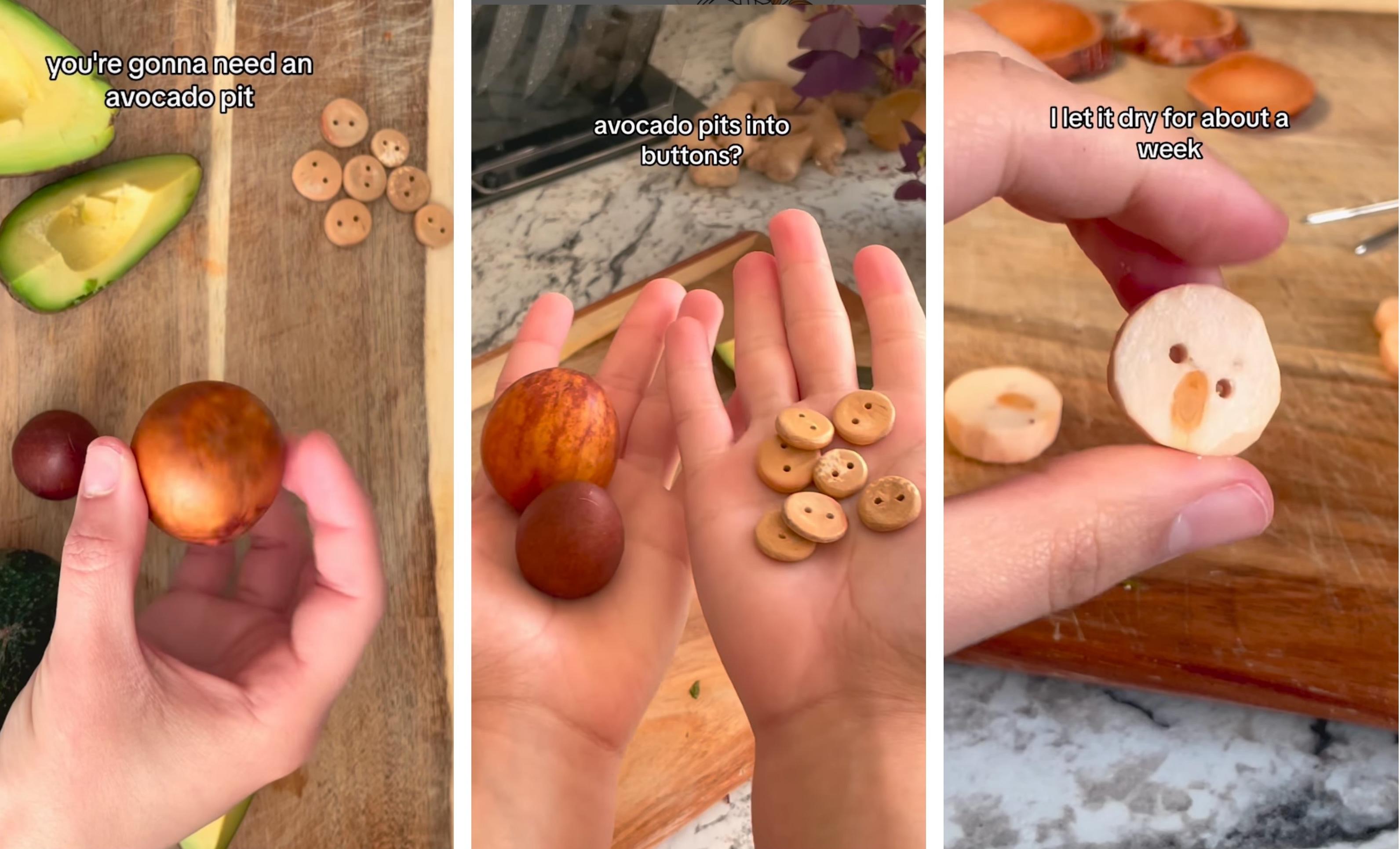
How to Turn Avocado Pits Into Adorable, All-Natural Buttons
Avocado pits are not to be discarded in this fascinating tip from a crocheter who shows how to turn them into a neat button craft.
Sustainable Self-Care: Check Out These Zero-Waste Ideas
These sustainable self-care ideas will help you go zero waste with your bath, candle, face mask, and manicure habits.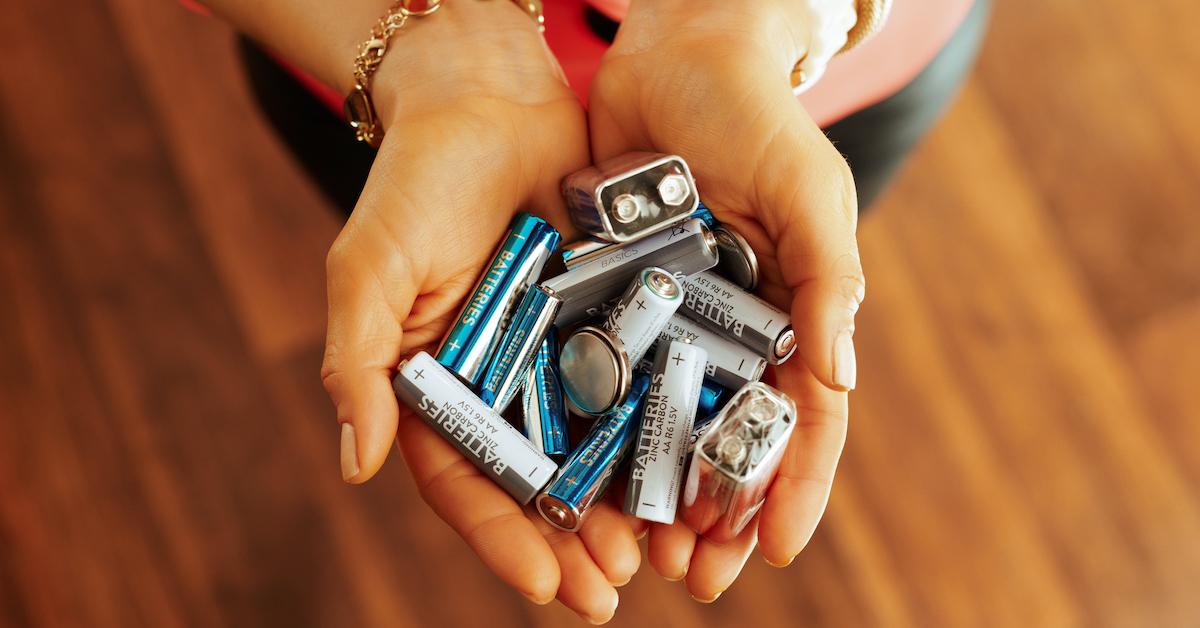
How to Easily Recycle Batteries of All Kinds
If you're looking to recycle batteries, most kinds can easily be recycled at numerous drop-off points around the U.S.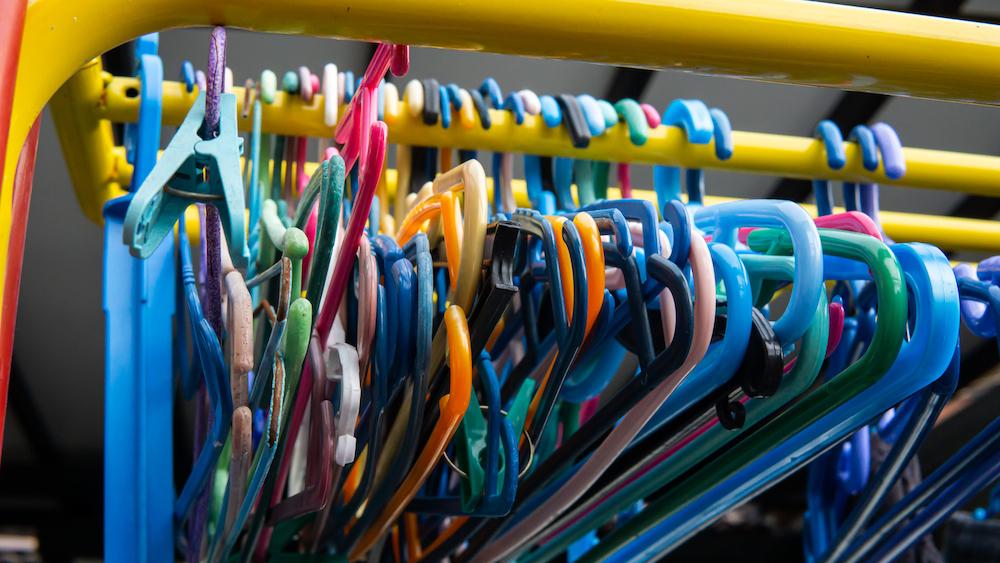
Billions of Plastic Hangers Are Produced Each Year. Are They Recyclable?
Each year, the fashion industry uses billions of plastic hangers and the majority go to landfills, because these hangers are difficult to recycle.
It's Mardi Gras! How to Celebrate the Holiday Sustainably
A sustainable, zero-waste Mardi Gras is possible, even though the holiday usually comes with a lot of waste — here are a few ideas.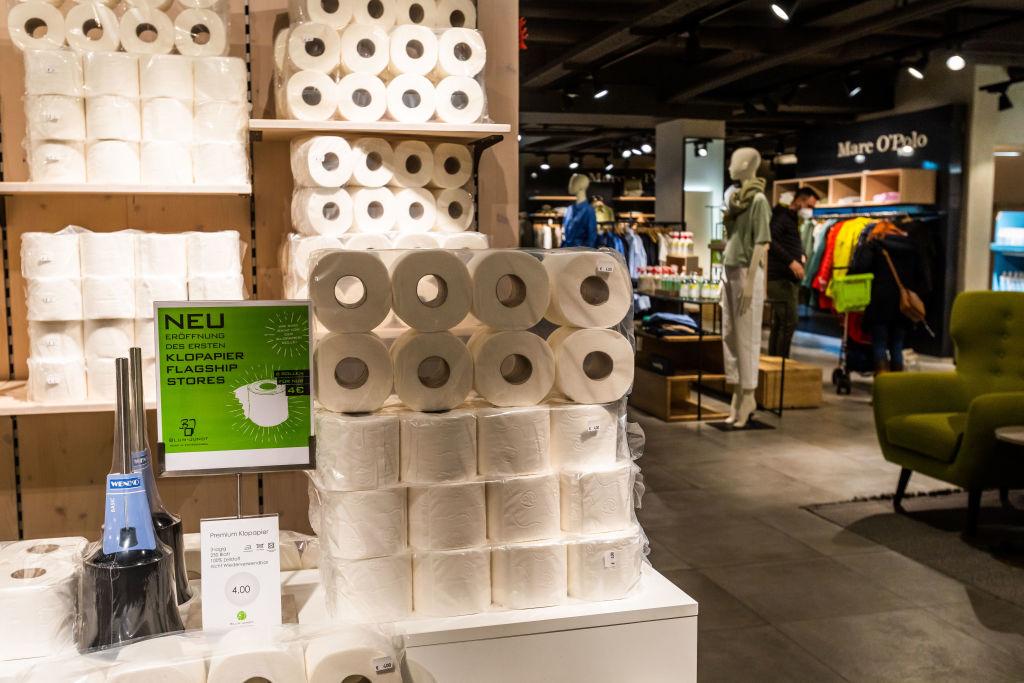
Is Toilet Paper Biodegradable? How to See If Your TP Is Actually Eco-Friendly
By its very nature and purpose, toilet paper must be able to safely go down pipes without causing a blockage — and fortunately, most TP is biodegradable.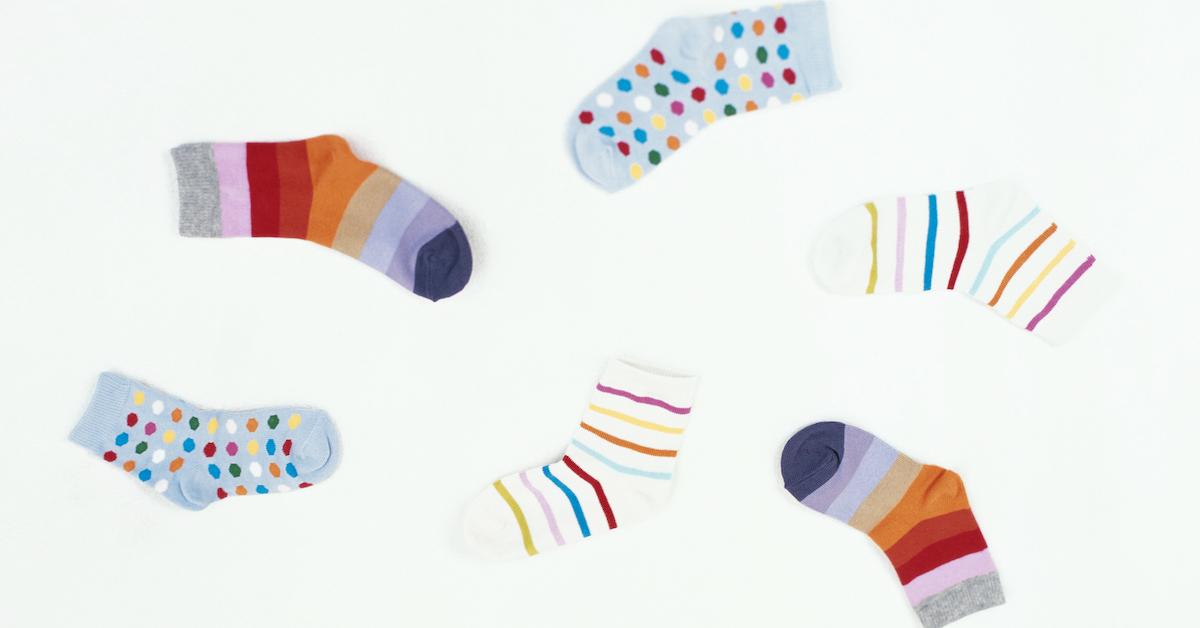
Recycling Your Socks: Getting Rid of Old Pairs, Sustainably
If you're looking to dispose of old pairs of socks that are ridden with holes, there are many sock recycling programs out there.
Don't Throw Away Your Old Bras — Donate Them to These Organizations
Although giving away used bras feels awkward, don't trash them — instead, these organizations will properly reuse and recycle them.
Digital Scrapbooking Is the New and Improved Way of Sharing and Preserving Memories
Digital scrapbooking is a creative new approach to preserving and sharing memories. People use apps like Paper and Canva to bring their ideas to life.
Our Quick Guide to Recycling Aluminum Foil Properly (and Why It's Important)
Items like soda cans are known to be highly recyclable, but how does one recycle aluminum foil properly?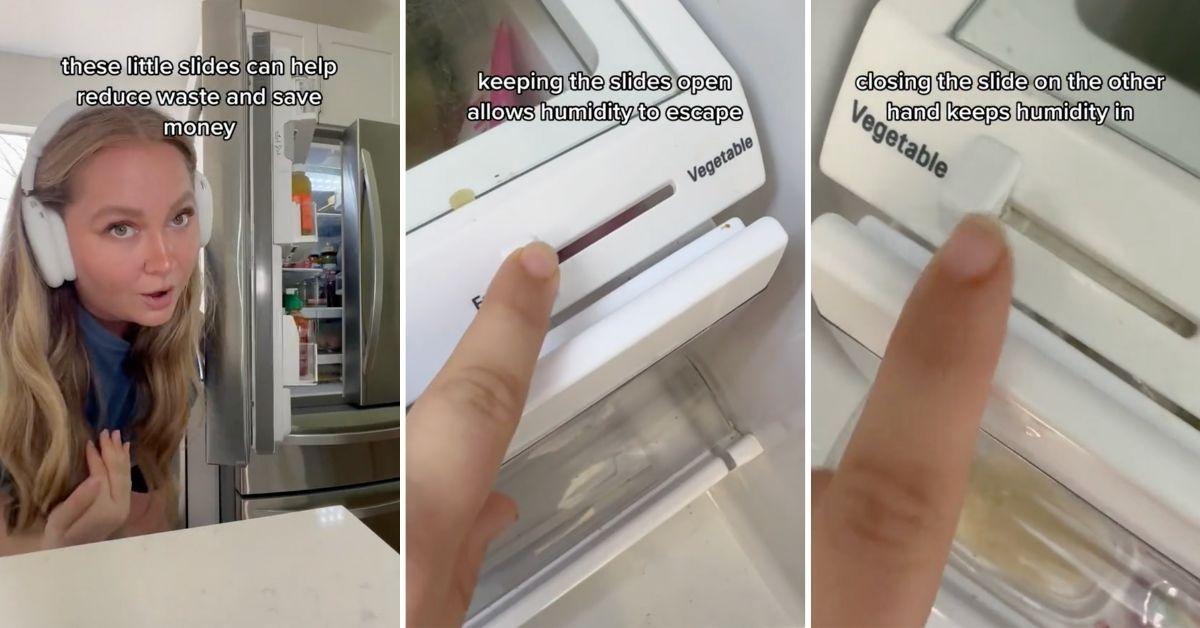
Stop Wasting Food With This Hack For Your Fridge's Crisper Drawer
How much food do you end up throwing out? Here's a fridge crisper drawer hack that can prevent food waste and save you some money.
Non-Toxic Fabric Spray: DIY Recipes & Eco-Friendly Sprays You Can Buy
We've rounded up recipes for making your own DIY fabric spray, and gathered some of the best non-toxic fabric sprays on the market.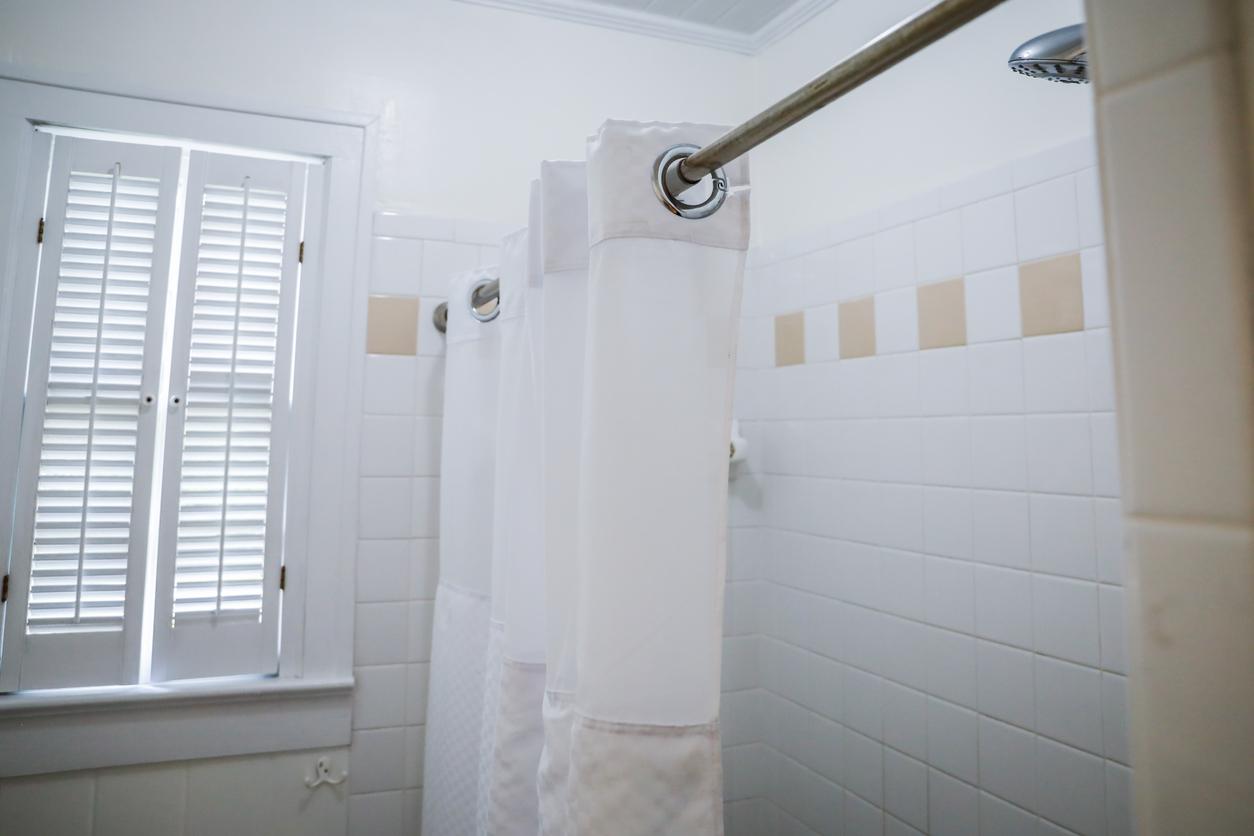
Sustainable Swaps: Check Out These Eco-Friendly, Nontoxic Shower Curtains and Liners
Investing in a high-quality, nontoxic shower curtain or liner is an excellent first step towards living a more sustainable lifestyle.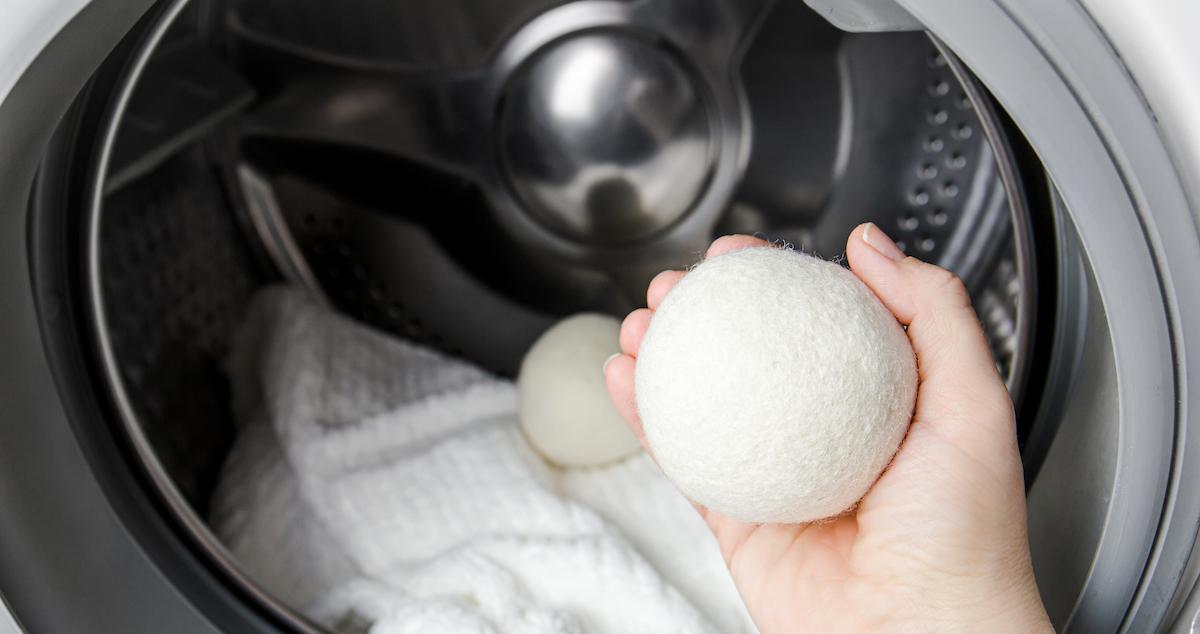
Eco-Friendly and Vegan Dryer Balls to Kick Your Laundry Up a Notch
These vegan dryer balls can reduce dry time, save you money, and cut back on laundry waste.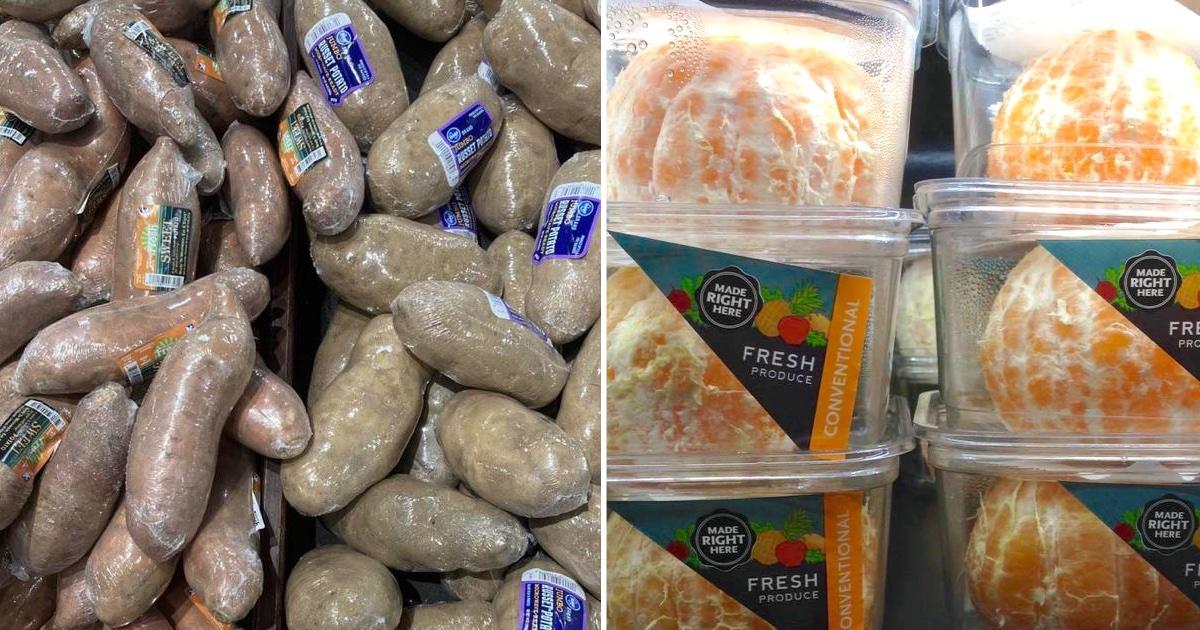
10 Times Stores Used Ridiculously Wasteful Packaging
Sometimes, plastic packaging *really* isn't necessary.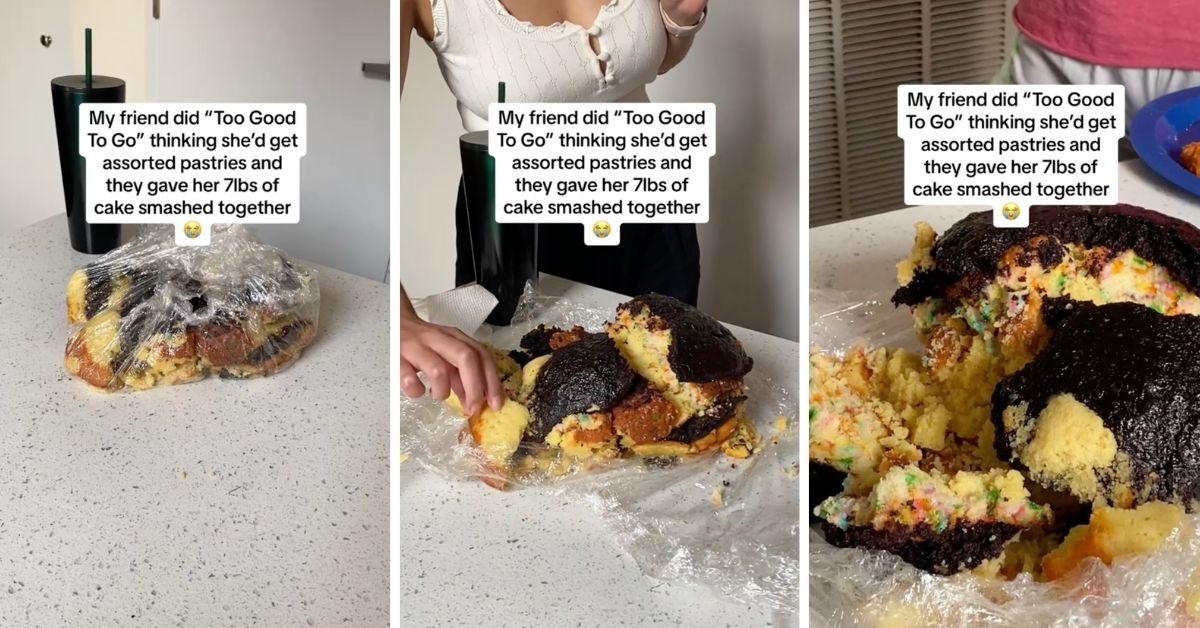
Too Good To Go App Gives Customer a Smashed Cake: "We Still Ate It."
One customer experienced a Too Good To Go fail when her "Surprise Bag" contained a smashed cake. Her and her friends still ate it happily, though.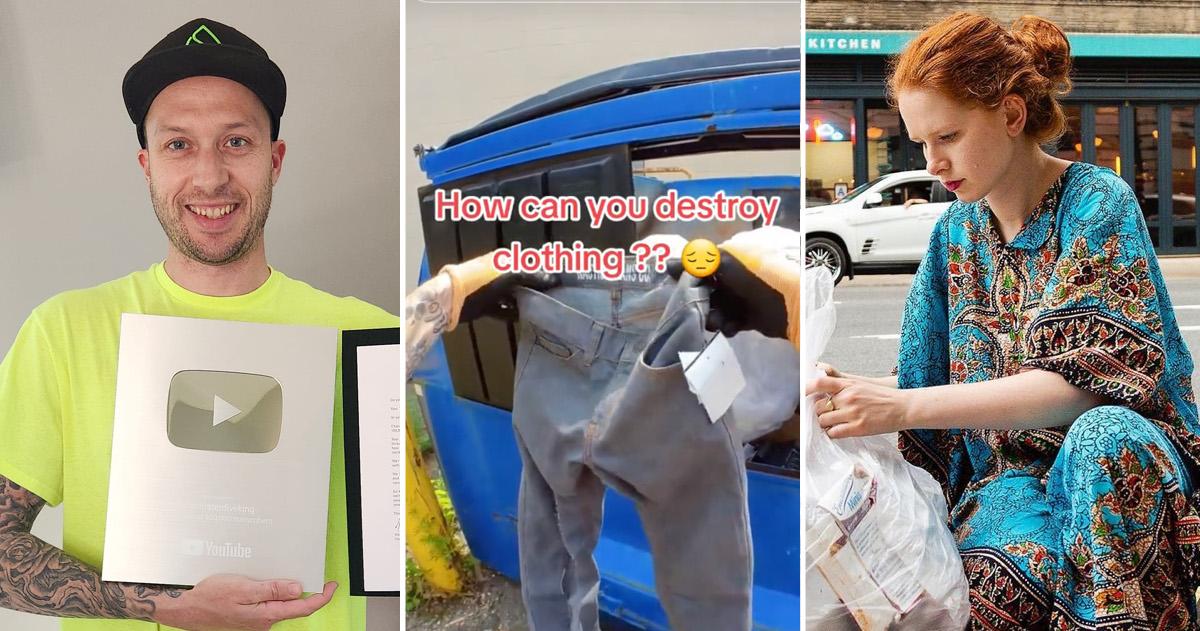
Two Dumpster Diving Pros Share Their Best Advice: "Expect Trash, Not Gems"
Dumpster divers and influencers The Trash Walker and Dumpster Dive King share their best tips for how and where to dumpster dive.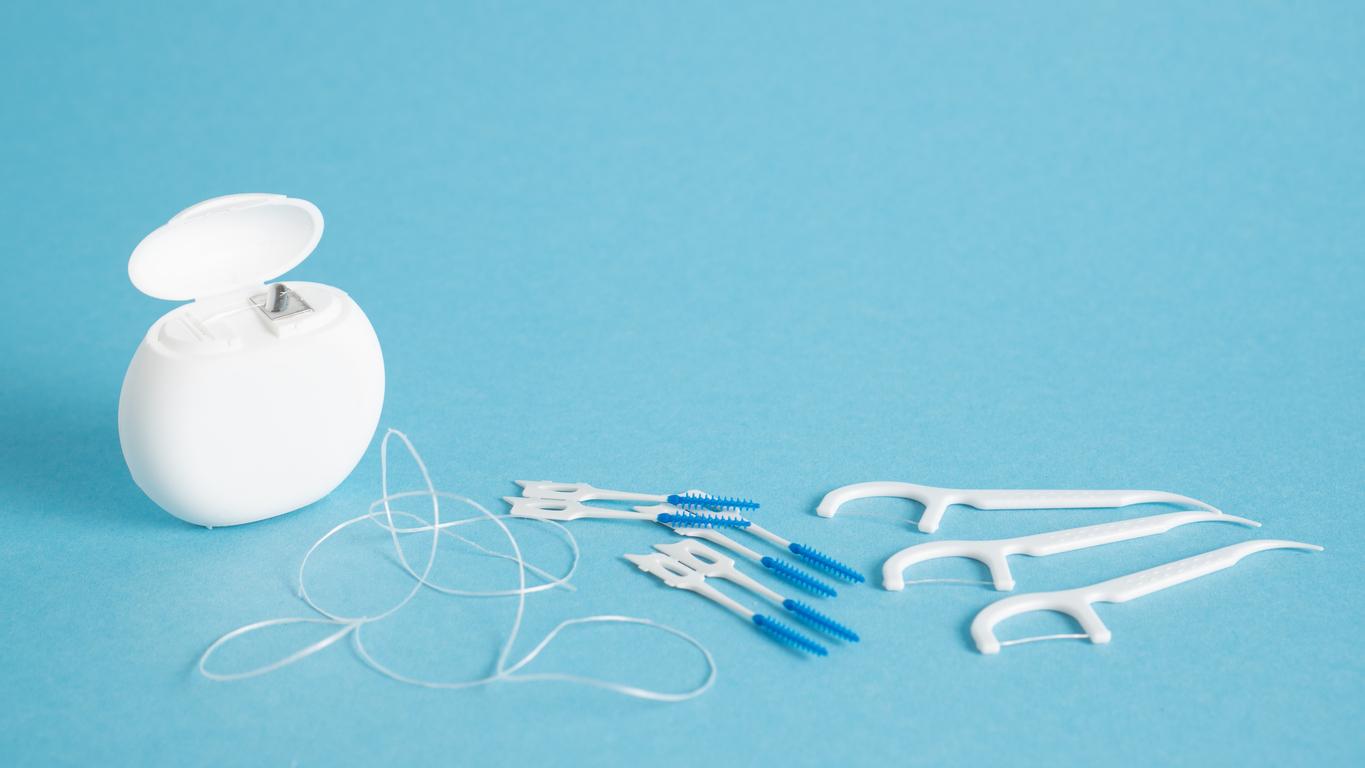
5 of the Best Eco-Friendly, Vegan, and PFAS-Free Dental Flosses
Check out these five sustainable, vegan, cruelty-free, and PFAS-free dental floss brands.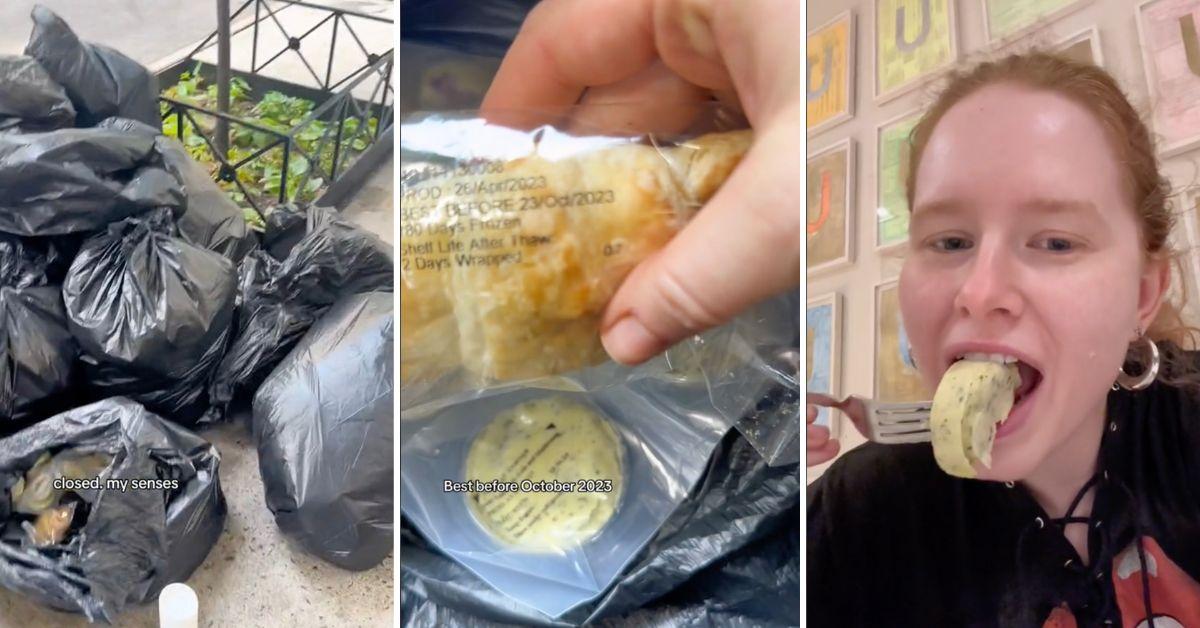
After NYC Dumpster Diver Exposes Shuttered Starbucks Trash, Starbucks Responds (Exclusive)
We spoke with a Starbucks spokesperson and dumpster diver Anna Sacks, after she discovered endless waste outside a shuttered Starbucks store.
Sustainable Shopping Ideas: 9 Unique and Useful Eco-Friendly Gifts for Men
Finding unique eco-friendly gifts for men can be challenging, but we've rounded up nine sustainable gifts for the home, outdoors, and more.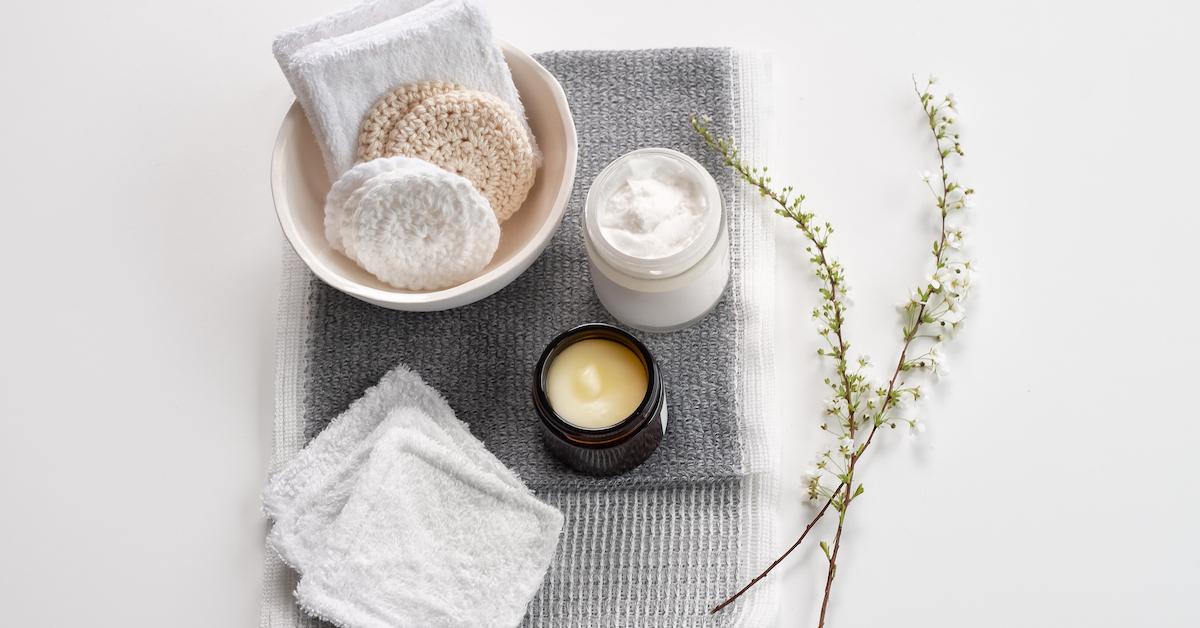
Plastic Free July: 5 Tips for Reducing Disposables for the Summer Challenge
Plastic Free July is a great opportunity to lower your impact by ditching single-use plastic.
The Compostable Underwear Brand KENT Got Four Offers on 'Shark Tank'
The compostable underwear brand KENT landed a $200,000 Shark Tank deal. Keep reading to learn more about this cool compostable underwear brand.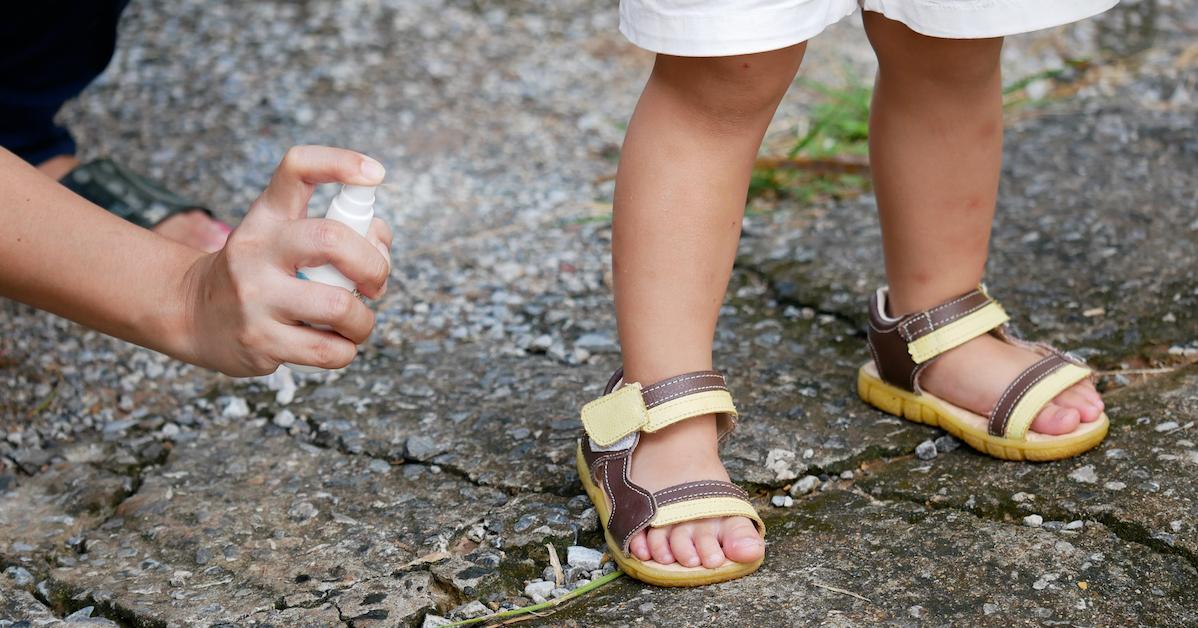
DIY Gnat Repellant Recipes — How to Keep Gnats Away, Naturally
Repel gnats without harsh chemicals by making a DIY homemade bug repellant.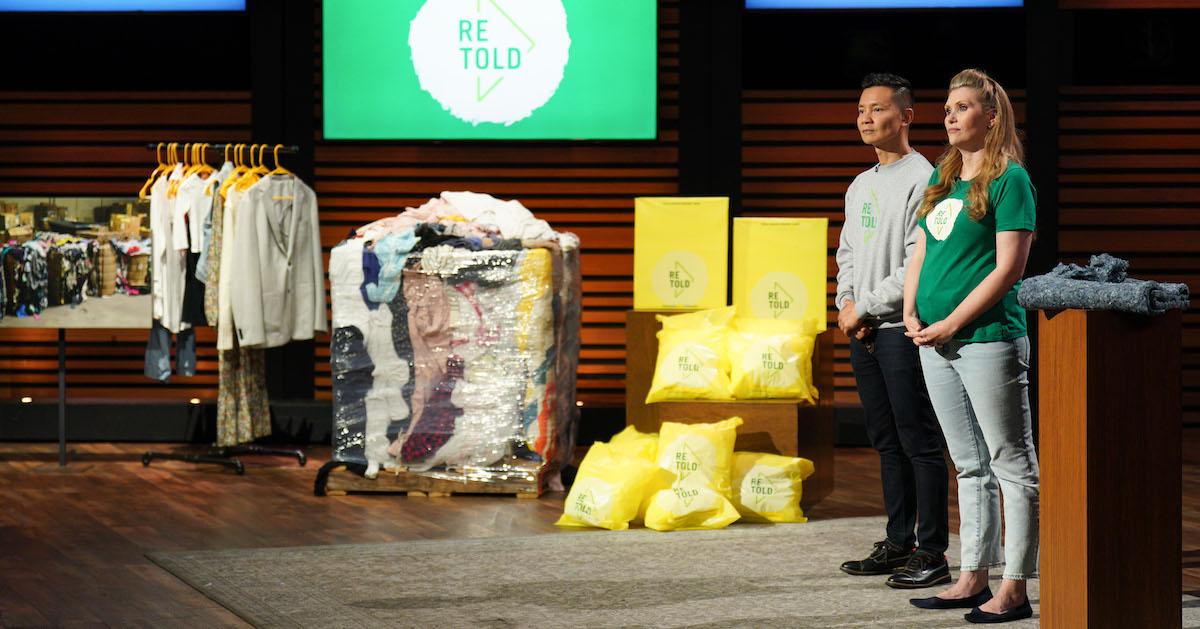
Retold Recycling Is Making Fabric Recycling Convenient — and Spreading the Word on 'Shark Tank' (Exclusive)
Retold Recycling appeared on 'Shark Tank' to seek an investment in the convenient textile recycling company.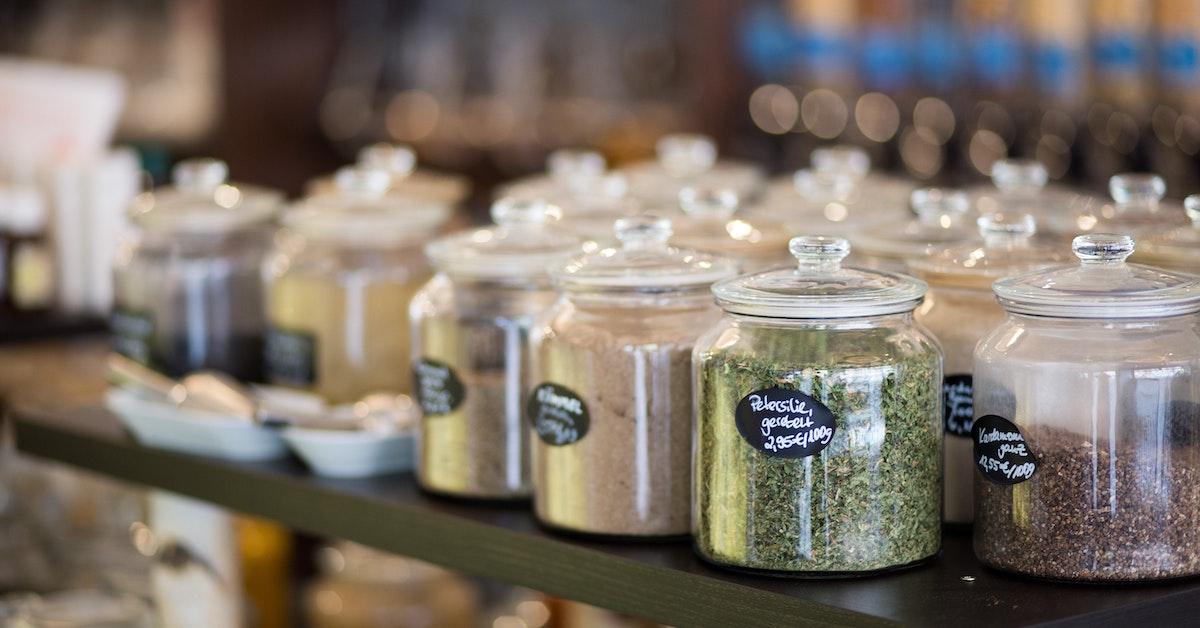
Zero-Waste Instagram Accounts to Follow This Plastic Free July
Plastic Free July is a great time to reduce your waste for the planet — here are seven accounts we recommend following for inspiration.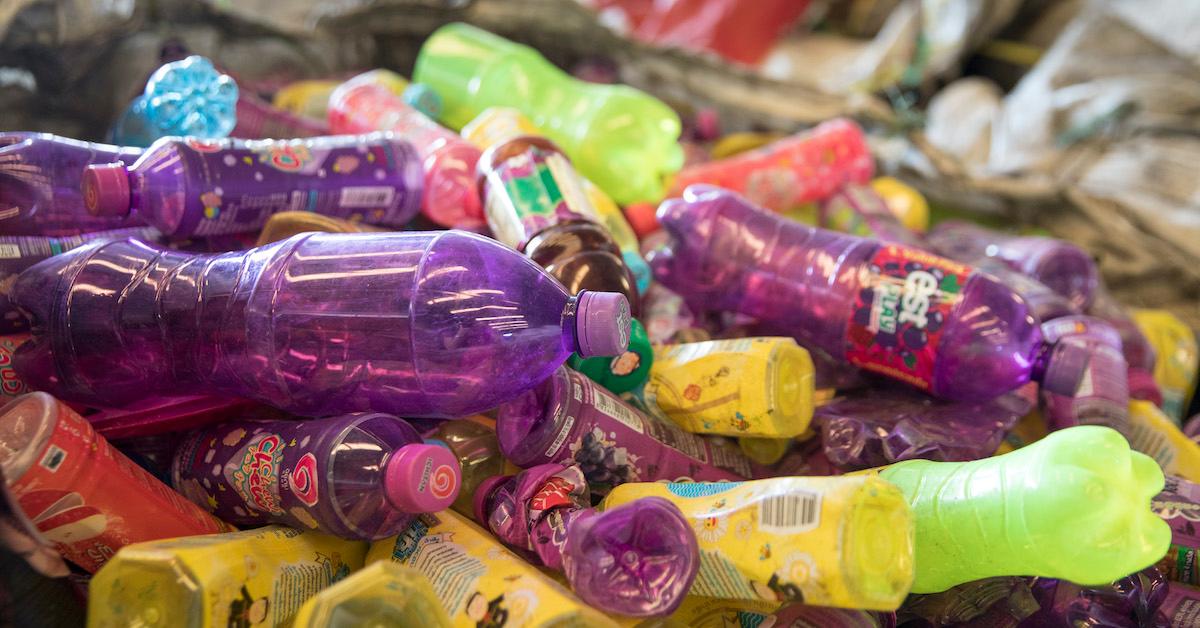
Ideas for Taking Plastic Free July Beyond Reducing Single-Use Plastic
Here are five ideas for taking Plastic Free July 2021 to the next level.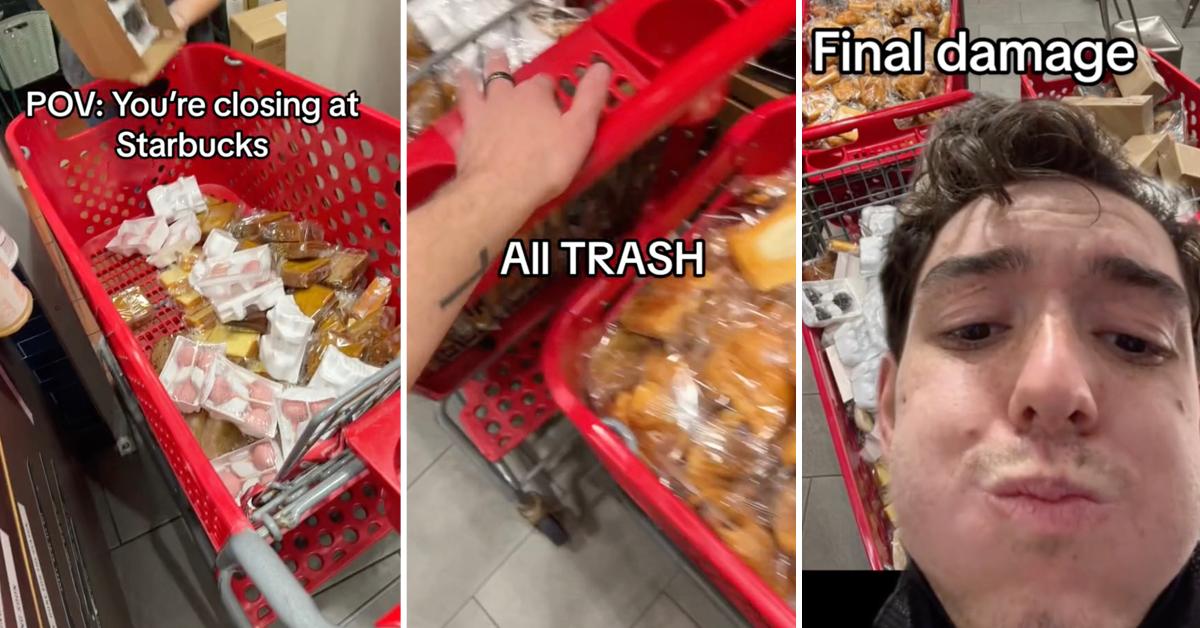
Starbucks Barista Shows Shocking Amount of Food Wasted After Each Shift
How much waste does Starbucks produce? Baristas are taking to social media to show the embarrassing amount of food thrown away.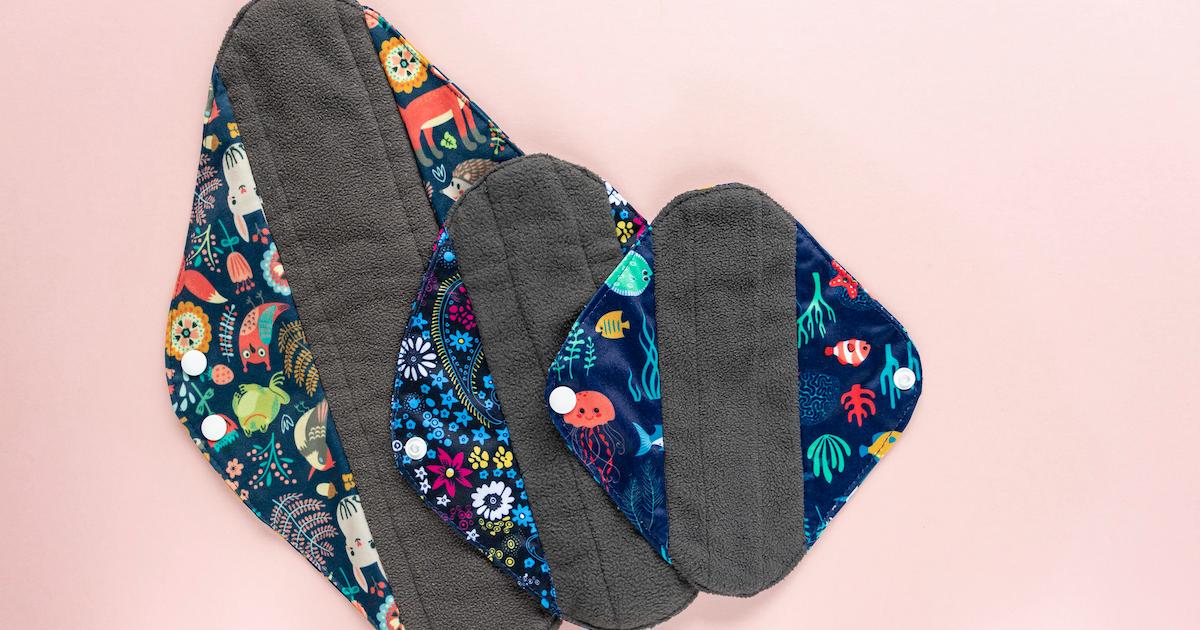
Charcoal Menstrual Pads Can Neutralize Odor — Without Synthetic Fragrance
Charcoal pads could be a better period option than your go-to pad.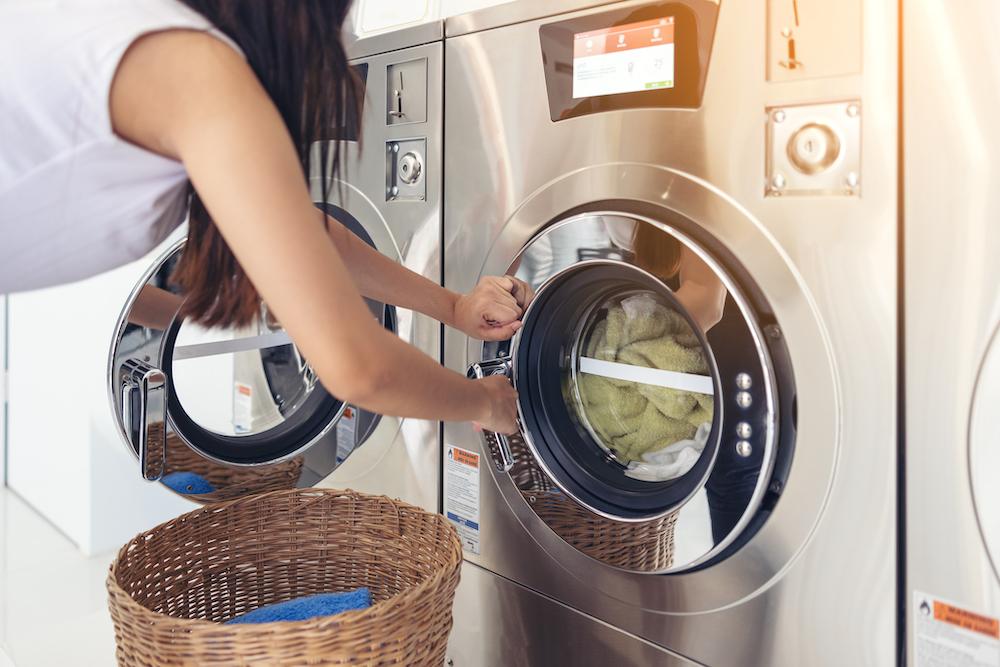
How to Make Your Own Dryer Sheets and Balls: Eco-Friendly, Vegan, and Reusable
Dryer sheets are meant to be a quick and easy way to make our laundry that much better but how much harm do they cause the environment?
Want Smoother Skin? These Sustainable Dermaplaning Tools Can Help
If you're interested in sustainable dermaplaning, there are some tools out there with less or no waste to help you get better skin.
Is All Eco-Friendly Glitter Just Greenwashing? Here Are the Best Options
We're looking into the eco glitter gel options out there.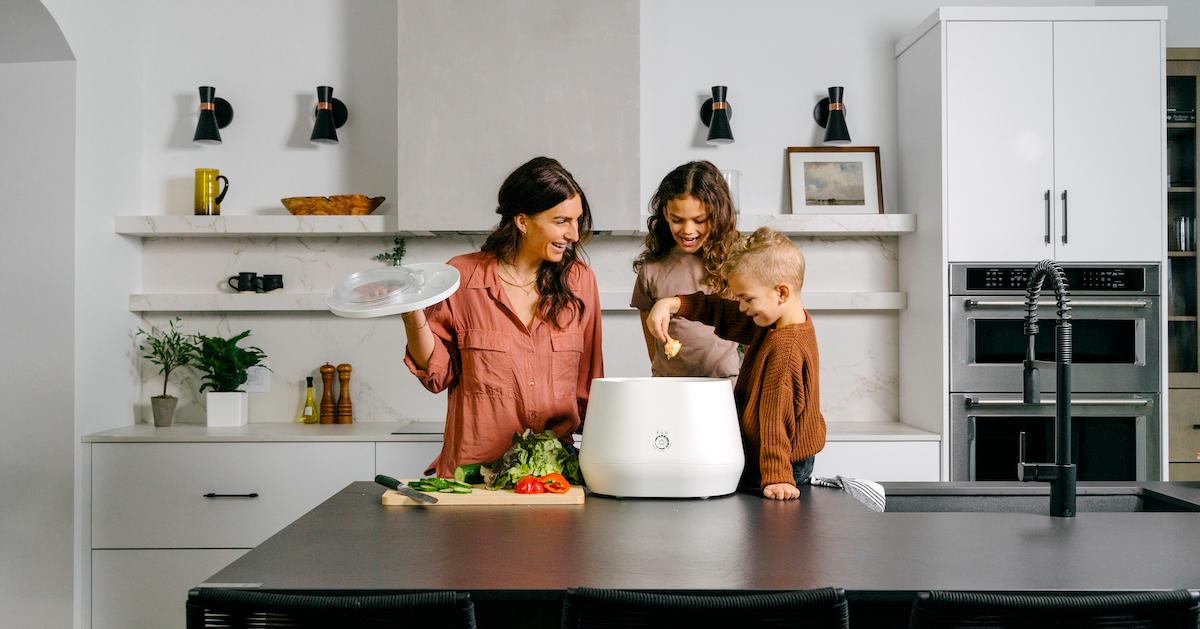
Our Favorite Compost Machines for Home Composting (Exclusive)
Entrepreneurs have been working to make composting at home easier with home composting machines.
Here Are the ~Dirty Details~ On Compostable Underwear
Compostable underwear is the way to go — underwear is often tossed in landfill trash, and it can't be composted, so it's definitely a better alternative.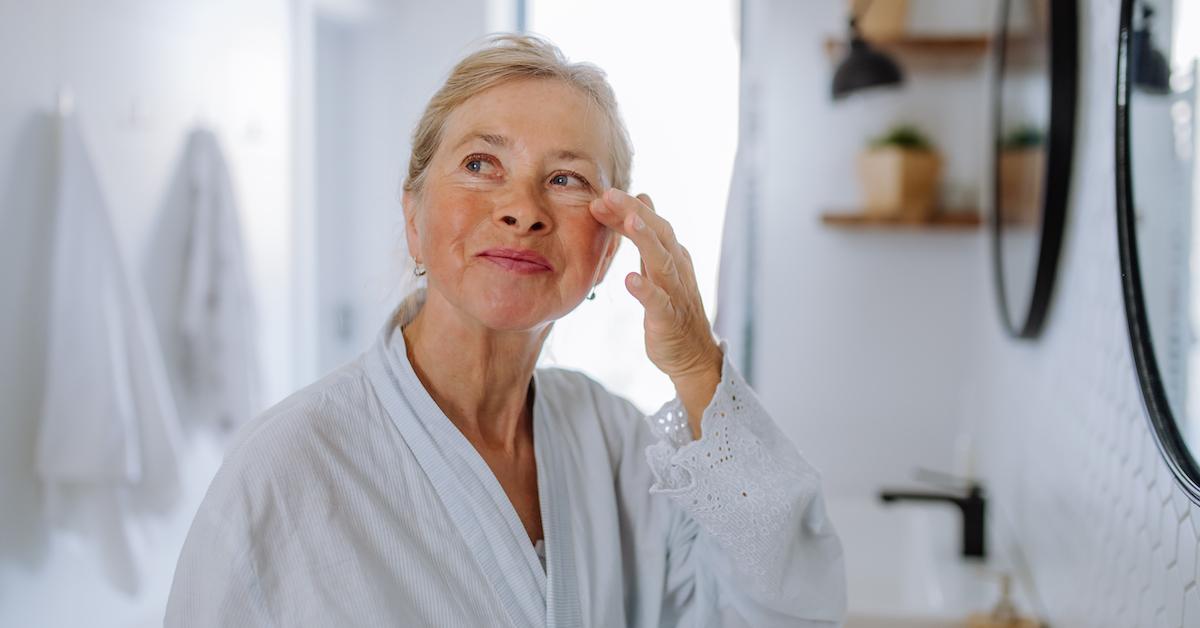
The Best Cruelty-Free, Eco-Friendly Eye Creams, According to 3 Experts (Exclusive)
To learn about the best cruelty-free eye creams on the market, we spoke with two dermatologists and an esthetician.
Sustainable Sheet Masks: Try These Compostable and Reusable Options
Sheet masks can be super relaxing, moisturizing, and sadly, wasteful. But they don't have to be, thanks to compostable and reusable options.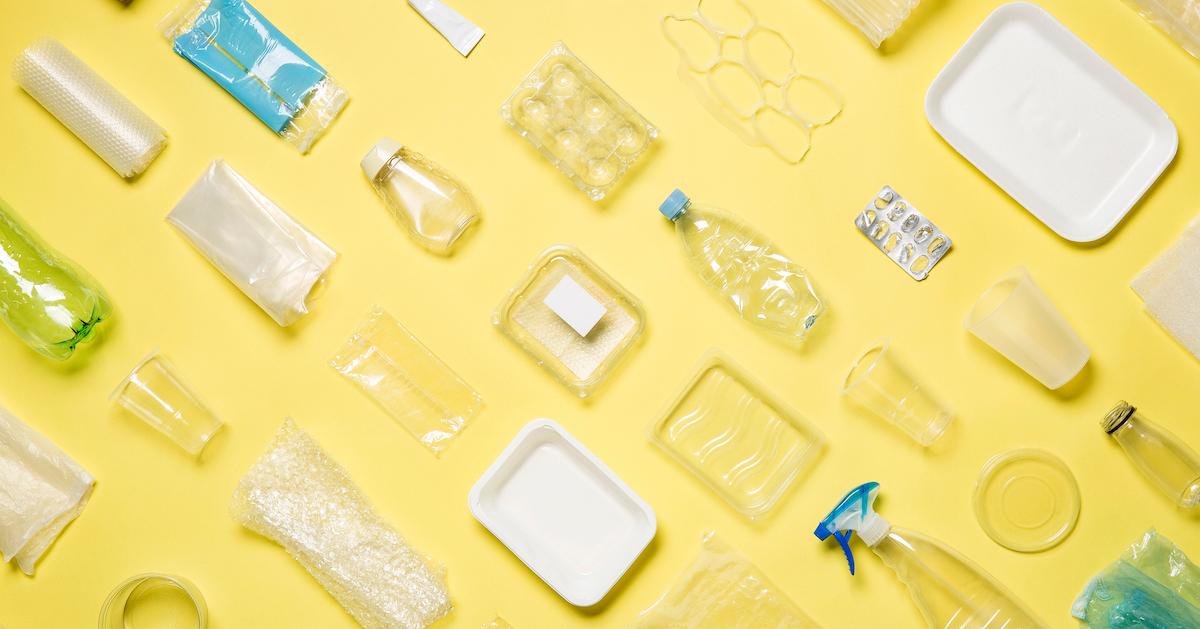
Yes, Plastic Recycling Is a Bit of a Scam. Here’s Why We Should Still Do It
Yes, the plastic recycling industry is kind of a scam. But still, we should recycle everything that is recyclable.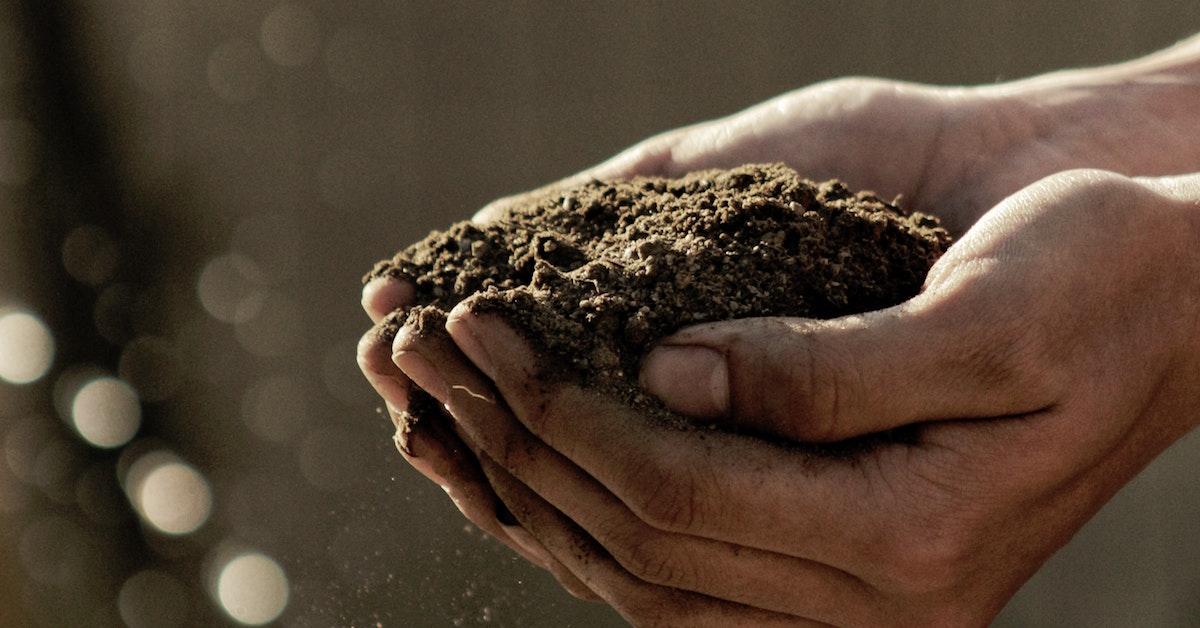
DIY Tips for Making Your Own Composting Toilet
Learning how to build a composting toilet is a great way to start living a zero-waste lifestyle.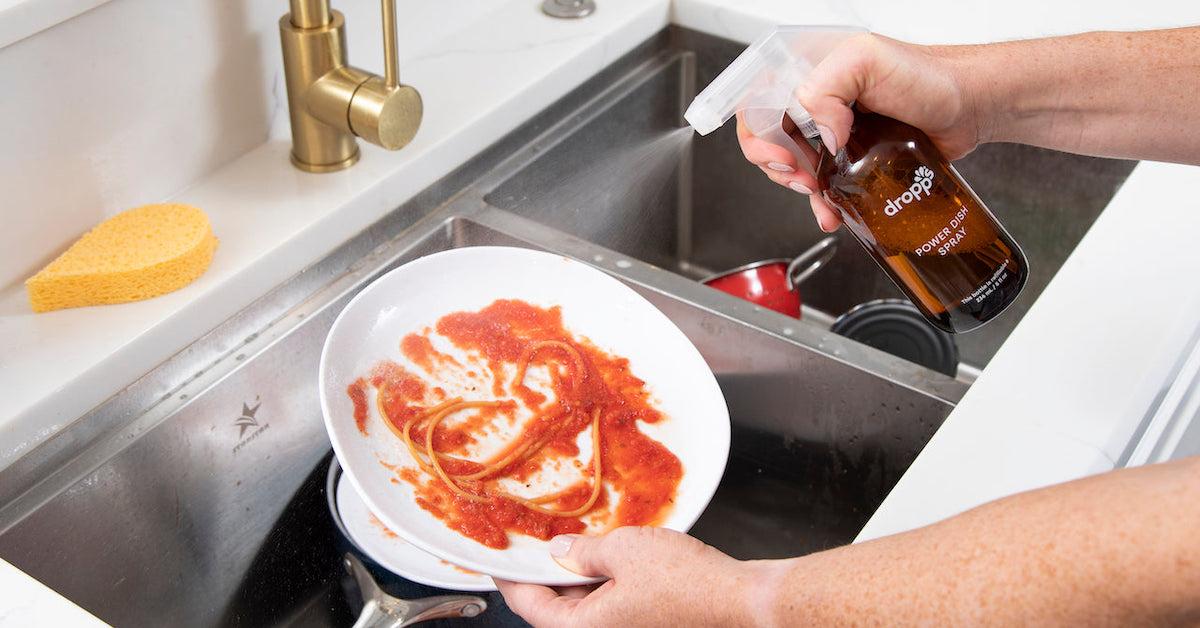
Eco-Friendly Spray Dish Soaps to Help Wash Your Dishes More Efficiently
There are a number of cruelty-free and eco-friendly spray dish soaps on the market.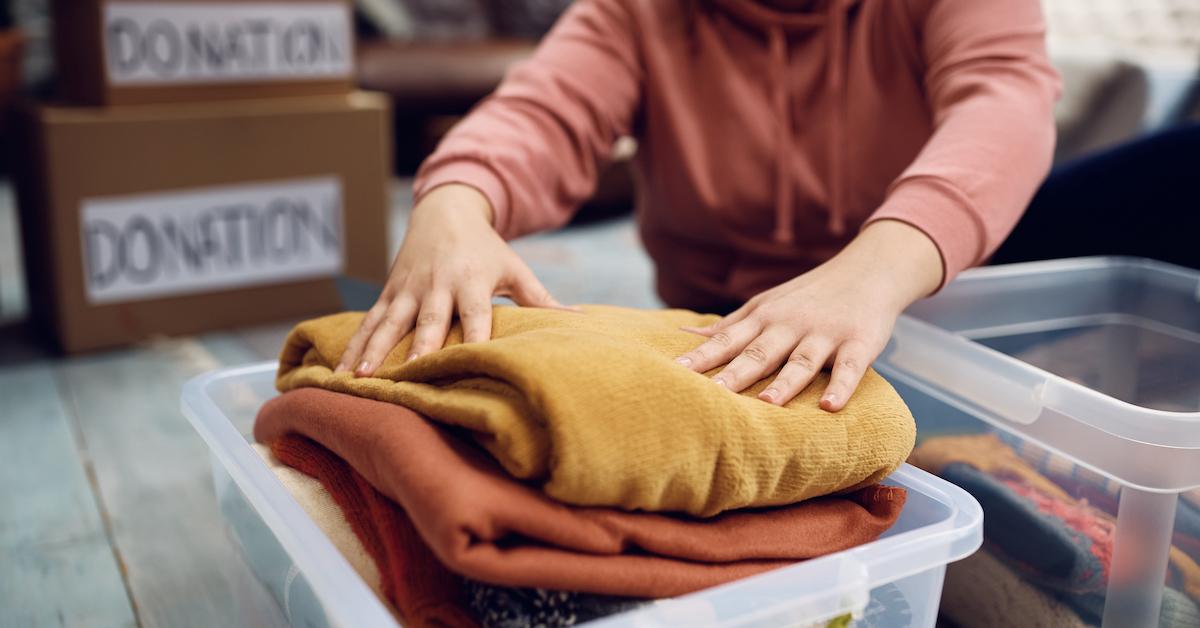
How to Recycle and Donate Linens: Blankets, Towels, and More
Donating and recycling blankets and other linens is very possible — there are a few companies and organizations that can help.